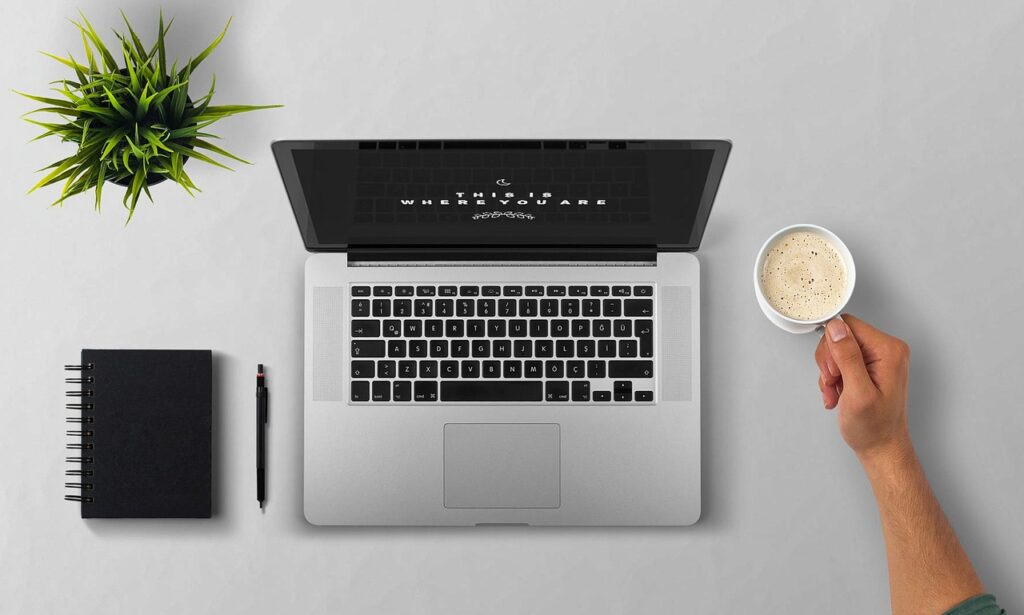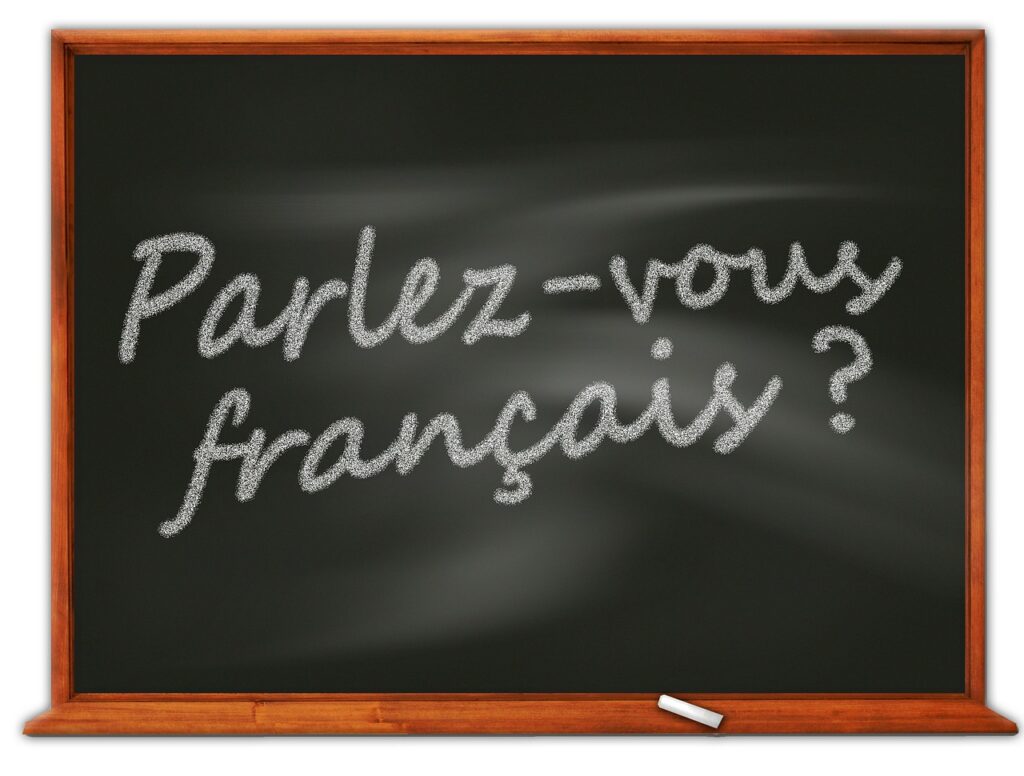Like many people of my age group from the UK, I spent the best part of my early teenage years learning to speak French at school, which resulted in virtually no spoken French abilities, a little grammar, and a handful of phrases. So when I decided to move to France, I knew that I’d need more than “je m’appelle Matt” and “voulez vous coucher avec moi ce soir” – so I embarked on a lengthy and mostly fruitless attempts to self-teach.
Error Number 1 – Exercise Books

Half the words are the same, except with a different accent, so all I need to learn is how to link the words together and maybe learn a bit more vocab. So mistake number 1 was to go and buy an exercise book – there’s hundreds of these available “Complete French Grammar”, “Intermediate French for Dummies” and many more. These helped me a little, and I picked up a few things, but the progress was slow and it was difficult to summon up the self-motivation required to really concentrate. Plus these don’t help your accent, which is more important than you might think.
Error Number 2 – Online Learning

Error Number 3 – Reading French Newspapers and Books

I thought that reading in French would be a more enjoyable way to learn the language, and potentially I would be able to pick up more topical and modern language skills. This approach didn’t last long at all, as I was a solid B1 level at this time, I could only really read books for toddlers, and the flowery journalistic writing that you find in most French newspapers like Le Monde meant that I literally couldn’t get through a sentence without reaching for my English/French dictionary.
Error Number 4 – Watching French TV with Sub-Titles
After reading failed I switched to watching TV, one of my favourite pastimes, but in French with sub-titles. I somehow thought that by listening to the French being spoken, whilst simultaneously reading the sub-titles in English, I would be able to absorb the French words and content. It didn’t work at all, as often what’s written in the sub-titles is an interpretation of what’s being said in French, and not a direct translation. But also because its too fast, and just not practical to pause the movie every other second
So what did work?
Well, all the above did have some positive impact, a combination will aid progress and advancement to some degree, but not so much in conversation. We generally don’t talk the same way that we write, we often take short cuts when we speak, sometimes we won’t even finish a sentence. The French also use a lot of little phrases that translated don’t make any sense. Also, in conversation with multiple people, the conversation might jump around as people go off on a tangent, which make it very hard to keep. So here’s what helped me.

I took a Tutor which is not the cheapest way to learn to speak French but certainly the fastest. And what made my Tutor particularly good was that he was French Canadian (Québécois) meaning that his English was also fluent, and he was a little less precious about the language, and spoke French slower than the French (French speaking Swiss and Belgians are the same, and much easier to follow). My tutor, Yvan taught me the short-cuts (for example stop learning how to conjugate verbs in the future tense, and just learn the future proche), he also gave me confidence and explained that even though its preferable to use the correct word, and the correct tense, as long as you can make yourself understood, you’ve won the day. I’d also be able to stop and ask him to “really” explain what something meant, and in what context would you use it. After 3 months with Yvan (twice a week), we were one day discussing the contentious topic of Quebec’s independence from the rest of Canada– our debate got a little heated, until Yvan broke out into a broad grin and reminded me that I’d just had a conversation with him about politics entirely in French without even thinking about it. His job was done

I also used the fantastic free learn to speak French service offered by TV5 (which is one of Frances main public channels) – the website Apprendre.tv5monde.com its free, and offers interactive website for learning French using videos, programmes and news reports. There is over 2,000 exercises (available to all levels).
But at the end of the day, and I think you know this already, living in France and immersing yourself in all things French is the best way to learn to speak the language fluently – and trust me, it’ll happen quicker than you think.